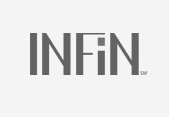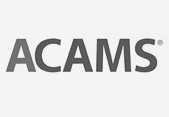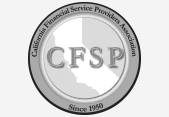Banks are no longer required to file suspicious activity reports (SARs) for customers engaging in the growth or cultivation of hemp. Under the 2018 Farm Bill, hemp has been reclassified.
DEFINITION OF HEMP
The 2018 Farm Bill now defines hemp as a variety of cannabis that contains .3% or less tetrahydrocannabinol (THC).
By doing this, the Board of Governors of the Federal Reserve System removed hemp from being classified as a Schedule 1 controlled substance under the Controlled Substances Act (CSA) by amending the CSA’s definition of marijuana to exclude “hemp.”
HEMP & BANKING
Ballard Spahr L.L.P. states that, “due to the reclassification of hemp, banks are now open to banking hemp-related businesses just as any other law-abiding industry.”
While this reclassification will ease the burden of reporting requirements and make it easier for banks to service hemp-related businesses, it does not affect legal marijuana or cannabis businesses. According to The New York Times, “The federal government still considers marijuana to be illegal, and even local banks have been too worried about getting in trouble to deal with them.”
The Secure and Fair Enforcement Banking Act (SAFE Banking Act) was passed by the House of Representatives on September 25, 2019.
“To create protections for depository institutions that provide financial services to cannabis-related legitimate businesses and service providers for such businesses, and for other purposes.”
The Act is currently under review with the Senate and if passed would allow banks to provide further support through checking accounts and credit.
COMPLIANCE SERVICES
If you are a hemp-related business and would like compliance support, our experts are available for a consultation.
(855) 922-4325
support@CapitalComplianceExperts.com
Tags: Anti Money Laundering, Bank Secrecy Act, BSA, Cannabis, Capital Compliance Experts, Compliance Consulting, Controlled Substances Act, CSA, Financial Services, Hemp, Marijuana, SAR, Suspicious Activity Report










